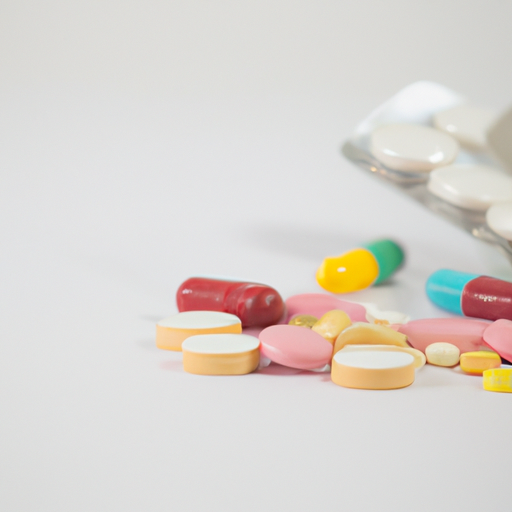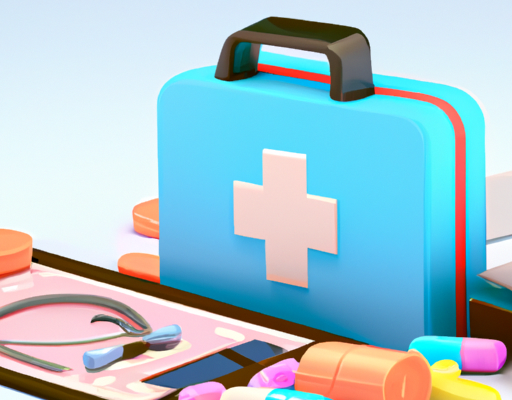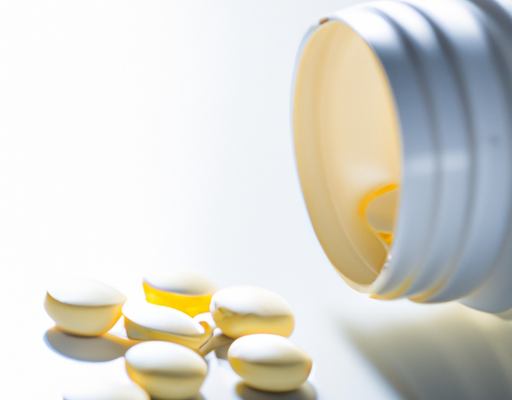Types of acne
Acne can present itself in a variety of ways, making it difficult to know how to treat it. Commonly, acne is classified into three types: Non-inflammatory Acne, which includes blackheads and whiteheads; Inflammatory Acne, which includes papules, pustules and nodules; and Cystic Acne, which is the most severe type of acne. Non-inflammatory Acne develops when a plug of oil and dead skin becomes trapped in the pore, resulting in a blackhead or whitehead. Inflammatory Acne occurs when bacteria and oil become trapped in the pore and cause an infection, leading to redness, tenderness and even scarring. Lastly, Cystic Acne is the most severe form of acne, which is caused by inflammation deep in the skin that causes lumps and cysts. This type of acne is resistant to over-the-counter treatments, so seeking help from a professional may be necessary.
– Causes of acne
Acne is a very common skin condition that affects people of all ages. There are many causes of acne, and understanding them can help you better manage your condition. Here are the main causes of acne:
- Hormone fluctuations: During adolescence, the body produces more hormones and these can trigger changes in the skin that can cause acne breakouts. Hormones can also be affected by stress, which can lead to increased acne.
- Genetics: People with a family history of acne are more likely to experience it themselves.
- Diet: Eating a diet high in processed and sugary foods can cause inflammation, which can lead to acne.
- Skin care products: Using products that are too harsh can irritate the skin and cause breakouts.
- Medications: Certain medications, such as corticosteroids, can increase the risk of developing acne.
- Environmental factors: Environmental factors such as air pollution and high humidity can also lead to acne.
It is important to understand the causes of acne so that you can take the necessary steps to manage your condition and prevent future outbreaks.
– Preventative measures
Acne is an annoying and potentially painful condition, but with the right preventative measures, you can avoid it or at least reduce its severity. Here are some of the best ways to reduce your risk of developing acne:
- Wash gently with warm water and a mild cleanser twice a day.
- Avoid overly oily skin products.
- Remove makeup and wash your face before bedtime.
- Avoid touching your face, especially when washing it.
- Limit or avoid exposure to direct sun, and wear sunscreen when you do.
- Keep stress to a minimum, as it can make acne worse.
- Eat a balanced diet that includes plenty of fresh fruits and vegetables.
- Drink plenty of water to stay hydrated and flush out toxins from the body.
By following these steps, you can help prevent acne from forming in the first place, or at least reduce its severity. An ounce of prevention can go a long way when it comes to this common skin condition.
– Treatments for acne
Acne is one of the most common skin conditions and can range from mild to severe. Treatments for acne can vary depending on the type and severity of the condition. Some of the most common treatments for mild to moderate acne include topical creams and lotions, antibiotics, and oral medications. Over-the-counter treatments like benzoyl peroxide or salicylic acid may help reduce redness, inflammation, and bacteria associated with acne. For more severe cases, a combination of oral and topical treatments may be necessary. In addition to medication, lifestyle changes such as eating a balanced diet, avoiding certain foods, and getting enough sleep can also help reduce acne. Stress management and using natural home remedies can also be beneficial. Ultimately, finding the right treatment for acne can be a trial and error process, so it’s important to consult a healthcare professional to find the best treatment option for you.
– Acne and self-esteem
Acne can be a huge source of stress and anxiety for young people. It can have a huge effect on the individual’s self-esteem, as those affected can feel embarrassed, ashamed and less attractive. While acne can be caused by a number of things, it’s important to remember that it is not your fault and there are ways to manage it. Seeking professional help from a medical expert is the best way to make sure you get the treatment you need. It’s also important to be kind to yourself and talk to someone about how you are feeling. Talking about it can make a huge difference and help you cope better.
– When to see a doctor
Acne is a common skin condition that can range from mild to severe. Although acne is typically not serious, it can cause physical and psychological discomfort. In some cases, acne can become so severe that it requires medical attention. If you are experiencing any of the following, it may be time to visit your doctor: moderate to severe acne that does not respond to over-the-counter treatments; acne that leaves scars or marks on the skin; or acne that is accompanied by other symptoms, such as fever, pain, or swelling. Your doctor can provide a customized treatment plan to help reduce the severity of your acne and help you maintain healthy, clear skin.
– Tips for acne management
Managing acne can be a difficult and frustrating task. The condition may start with occasional pimples, but gradually progress to a more severe form with open sores, inflammation and potential scarring. Fortunately, with proper skin care and lifestyle habits, you can control breakouts and promote healthy skin. A good skincare routine should include cleansing twice daily, exfoliating the skin one or two times a week, and using mild, non-comedogenic products. Avoiding touching your face, not picking or popping pimples, and keeping stress levels in check can also help manage acne. Additionally, staying hydrated, changing your pillowcase regularly, and eating a balanced diet low in processed foods may also help reduce breakouts. To get the most out of your skin care routine, it’s important to be consistent and patient. Following these tips can help you manage your acne and keep your skin looking healthy for years to come.





No Comments